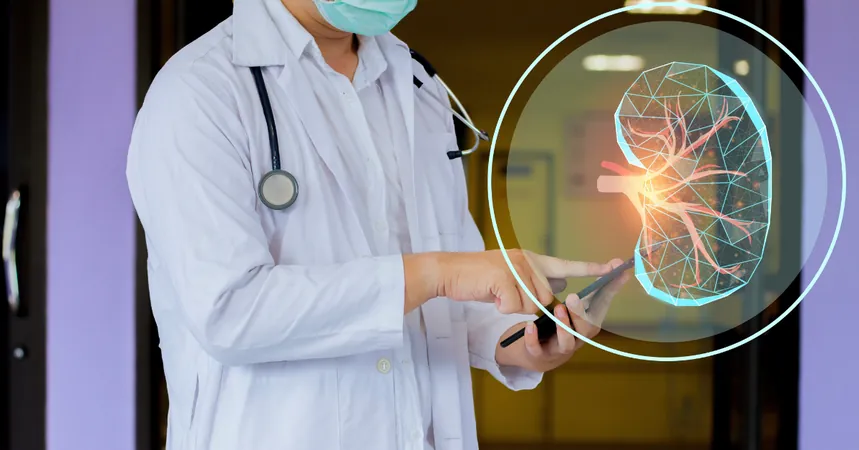
Revolutionizing Kidney Disease Detection: How Your Smartphone Could Save Lives
2025-06-23
Author: Emma
In a groundbreaking development, Healthy.io, in partnership with Geisinger and Boehringer Ingelheim, is reshaping the landscape of chronic kidney disease (CKD) detection. This innovative collaboration has produced astonishing results from a pilot program aiming to enhance kidney disease screening using smartphone technology.
The study, which tracked 4,000 patients with diabetes and/or hypertension—two key risk factors for CKD—revealed that participants using Healthy.io’s cutting-edge Minuteful Kidney test experienced significantly higher diagnosis rates. Conducted as a randomized trial, the study showed that those using the smartphone-powered urine test had a CKD diagnosis rate of 4.7%, compared to only 2.9% among those receiving standard care.
Geoff Martin, CEO of Healthy.io, highlighted the study's critical finding: “Closing the gap in uACR testing among untested at-risk populations is essential. This research underscores the immense potential of smartphone-enabled testing in improving CKD screening compliance and, consequently, patient outcomes.”
Brian DiDonato, Senior Vice President at Boehringer Ingelheim, emphasized the importance of early detection: “Identifying CKD at early stages is vital. Prompt intervention can significantly mitigate the risks of disease progression and associated cardiovascular issues. We are excited to support such an innovative screening approach through the Minuteful Kidney program.”
Limited awareness and accessibility of comprehensive screenings often hinder effective CKD management. Minuteful Kidney is the only FDA-cleared, smartphone-enabled home test for urine albumin-to-creatinine ratio (uACR), providing clinical-grade results in a matter of minutes.
Participants in the pilot program benefitted from extensive education provided by Healthy.io’s engagement team. The accompanying app facilitated further learning about the testing process and ensured seamless follow-up and sharing of results with healthcare providers. This model not only empowers patients but also addresses barriers to care.
Dr. Alexander Chang from Geisinger pointed out, “uACR testing is essential for assessing kidney health and cardiovascular event risks, including heart attacks and strokes. The heightened engagement and follow-up care demonstrated in this study could dramatically improve early diagnosis rates and positively influence patients’ lives.”
As technology progresses, the ability to diagnose chronic diseases early is becoming increasingly accessible. The future of CKD screening looks brighter with smartphone technology leading the charge toward more efficient and effective healthcare solutions.

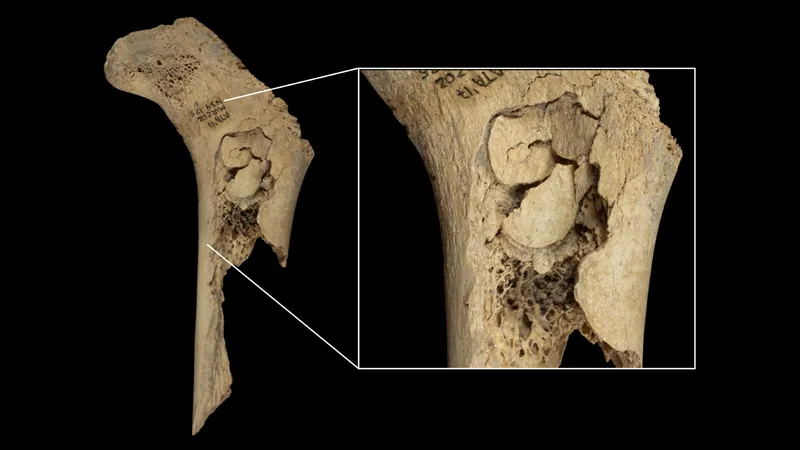

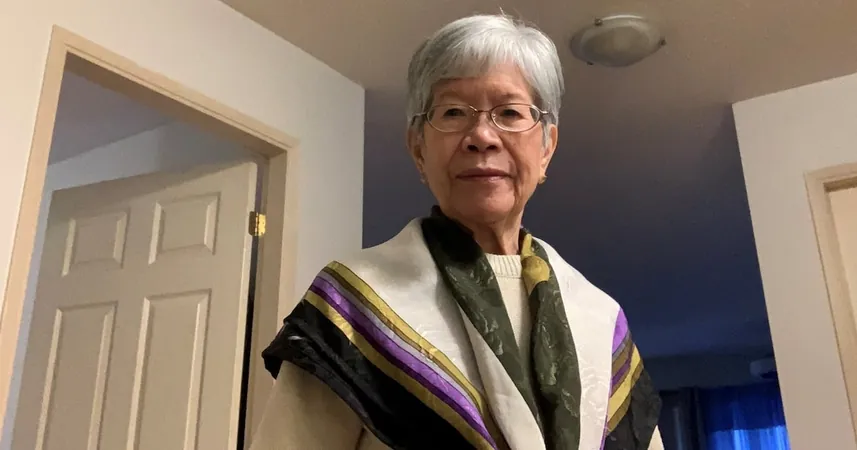

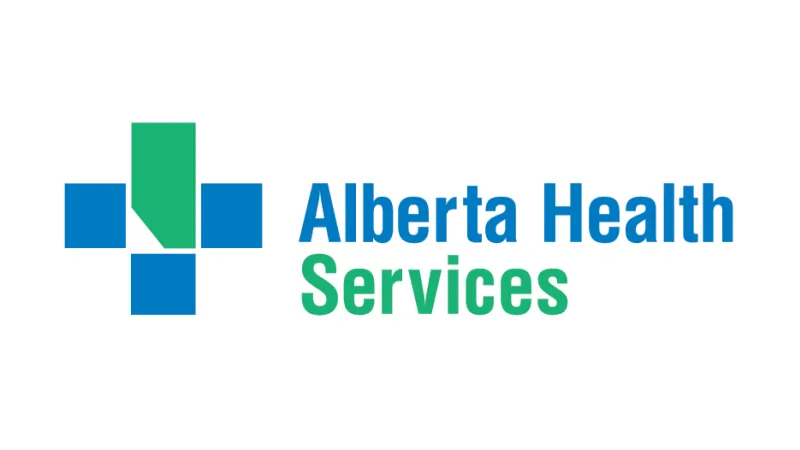

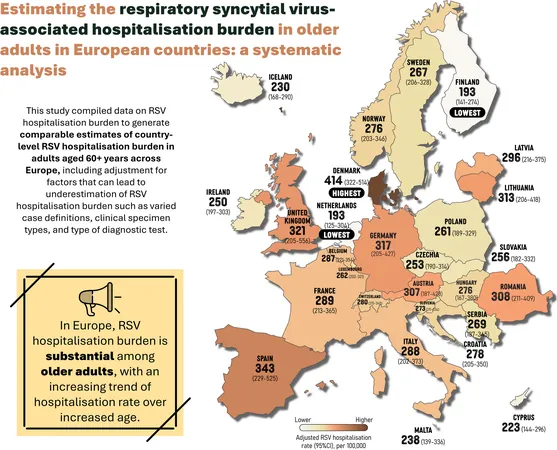

 Brasil (PT)
Brasil (PT)
 Canada (EN)
Canada (EN)
 Chile (ES)
Chile (ES)
 Česko (CS)
Česko (CS)
 대한민국 (KO)
대한민국 (KO)
 España (ES)
España (ES)
 France (FR)
France (FR)
 Hong Kong (EN)
Hong Kong (EN)
 Italia (IT)
Italia (IT)
 日本 (JA)
日本 (JA)
 Magyarország (HU)
Magyarország (HU)
 Norge (NO)
Norge (NO)
 Polska (PL)
Polska (PL)
 Schweiz (DE)
Schweiz (DE)
 Singapore (EN)
Singapore (EN)
 Sverige (SV)
Sverige (SV)
 Suomi (FI)
Suomi (FI)
 Türkiye (TR)
Türkiye (TR)
 الإمارات العربية المتحدة (AR)
الإمارات العربية المتحدة (AR)